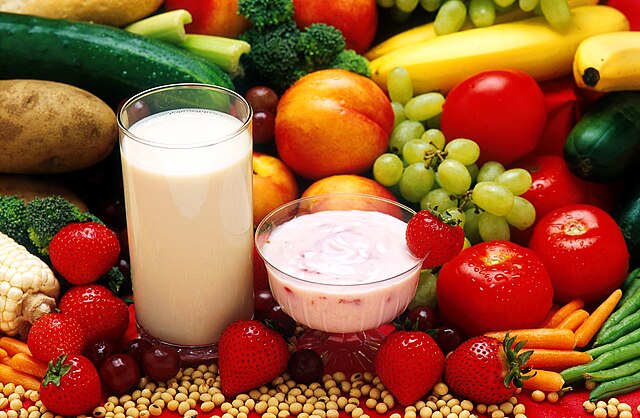Affordable cereals and vegetable oil helped lower world food prices by 10.5% year-on-year, per the FAO Food Price Index of March 8, 2024.
A 22.9% yearly drop in cereal quotations counterbalanced appreciating animal products and lowered the February 2024 index.
FAO measures the appreciation or depreciation trends of agricultural commodity prices in terms of points every month. These points are the averages between the costs of five food groups and their export percentages. The groups include dairy, vegetable oil, meat, cereals and sugar.
This time round, the index settled at 117.3 points, a fall by 13.8 points from the corresponding February 2023. This was also the lowest margin in three years.
It was also the seventh consecutive monthly decrease, starting from when global consumer inflation started easing in mid-2023.
The February cereal price decreased by 5 points from from that of January, to settle at 113.8 points. Maize espoused the biggest drop, buoyed by reports of ample production in South America, alongside the North American fall harvest.
Vegetable oil prices had a yearly fall of 11%, underpinned by abundance across the board of soy, sunflower and canola oil.
For dairy prices, there was a month-on-month rise despite a 13.6% respite year-on-year. The index for February 2024 for dairy hiked 1.3 points or 1.1% above that of January. This was due to recent milk shortage in Australia and New Zealand, countries which usually feed the high demand in Asia. Overall, milk prices have been rising only slowly because European prices are offsetting the higher ones in Asia and Oceania.
Tilting the scale was a 1.8% appreciation in meat prices across the world in the past year. Pork cost rose from increased Chinese demand while beef spiked in key markets like Australia as rain offset cattle transportation.
This is in spite of the fact that Australia has a record cattle restocking drive that should have helped cut prices. In October 2023, overstocked farmers were selling their cattle at throw away prices of A$2.20 a kg (U$1.46), to stave off oncoming drought.
The index could have fallen more if sugar prices had not notched 3.2% February-to-February. FAO attributes the price rise to speculation that drought in Brazil and Asia would affect 2024 supplies.
The next world food prices index is on April 5. It may configure the seasonal effects of Ramadan and the Easter Holiday.
